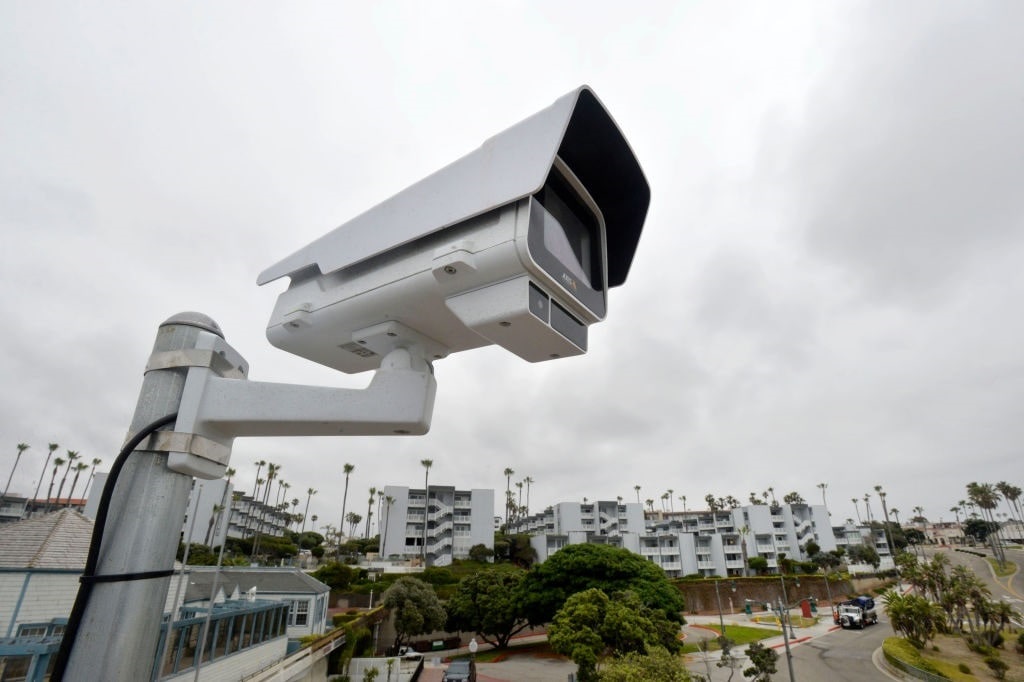Are China and the United States locked in a relationship like the two spy characters in Mad magazine’s wordless comic strip? Unfortunately, the stakes between Beijing and Washington are not satire. The People’s Republic of China (PRC) has upped the ante with serious and frequent intrusion into the US military activities and bases, institutions, and research facilities. But has the United States been as effective against the PRC?
One of the more recent espionage incidents was the two Chinese sailors caught passing secrets to their CCP handlers. Typical of the information the PRC operatives are after, one spy passed classified information on joint Pacific exercises. “Providing insights to CCP operatives into how the US will operate in an Indo-Pacific crisis is particularly troubling,” Liberty Nation reported. The American public has come to rely on the FBI and CIA to prevent the Chinese Communist Party (CCP) from doing irreparable damage to national security. But are these two powerful agencies doing the job?
Just how brazen the PRC is in its surveillance and intelligence-gathering operations was made clear to Americans with the Beijing spy balloon incident in February. But China has been tireless in its longtime assault to gather information that would imperil America’s national security. When the CCP’s infamous white balloon meandered its way across the continental United States, encountering a milquetoast response from President Joe Biden’s national security team, little was known about China’s motivations beyond the obvious — reconnaissance.
Spy Operation Gone Wrong?
Well, there is good news and bad news. The bad, of course, is that apparently American intelligence could not identify the balloon as hostile until it was over the US mainland. The good news is that fresh information has shed some light on how the Chinese military craft came to visit America without a tourist visa. A recent New York Times article provided an account of what the balloon was supposed to do and Chinese President Xi Jinping’s reaction to the incident. Julian E. Barnes and Edward Wong reported:
“As China’s spy balloon drifted across the continental United States in February, American intelligence agencies learned that President Xi Jinping of China had become enraged with senior Chinese military generals. The spy agencies had been trying to understand what Mr. Xi knew and what actions he would take as the balloon, originally aimed at US military bases in Guam and Hawaii, was blown off course.”
The People’s Liberation Army (PLA) generals, not eager to confess they had miscalculated the direction and speed of the winds, tried to keep the incursion into US airspace a secret from Xi. Did they really believe China’s chief executive would not learn of it and their attempt to cover up the mistake? It may account for Xi’s loss of confidence in Minister of Defense Li Shangfu, who has been missing from public events. “After an alleged Chinese spy balloon flew over the US at the beginning of the year, Biden said Xi wasn’t aware of the aircraft’s location — implying the Communist Party leader didn’t have full control of his armed forces,” according to a recent Bloomberg News dispatch.

(Photo by Brittany Murray/MediaNews Group/Long Beach Press-Telegram via Getty Images)
Though the intensity has increased lately, Beijing’s covert operations against the United States have been going on considerably longer. A recent Center for Strategic and International Studies (CSIS) analysis reported, “This updated survey is based on publicly available information and lists 224 reported instances of Chinese espionage directed at the United States since 2000. Of the 224 incidents, we found that 69% were reported after Xi took office.” Besides the number of espionage incidents, CSIS determined the targets of the spying were refocused from commercial and industrial espionage to its strategic worldwide objectives. In specific categories, CSIS researchers determined 41% of the operations involved PLA or PRC government employees, 46% were focused on CYBER attacks, and 29% were to gain military technological information.
Chinese surveillance, reconnaissance, and infiltration espionage operations are a constant threat to the United States. Whether it’s preventing offshore communications spying from Cuba or penetration of American universities’ and government research laboratories, the Biden administration must improve its national security game. Gathering intelligence on President Xi’s reaction to the balloon incident provides valuable insight into our most potent enemy. But the US intelligence agencies should mount a more aggressive campaign to identify and smash China’s vast spy networks in our land.




